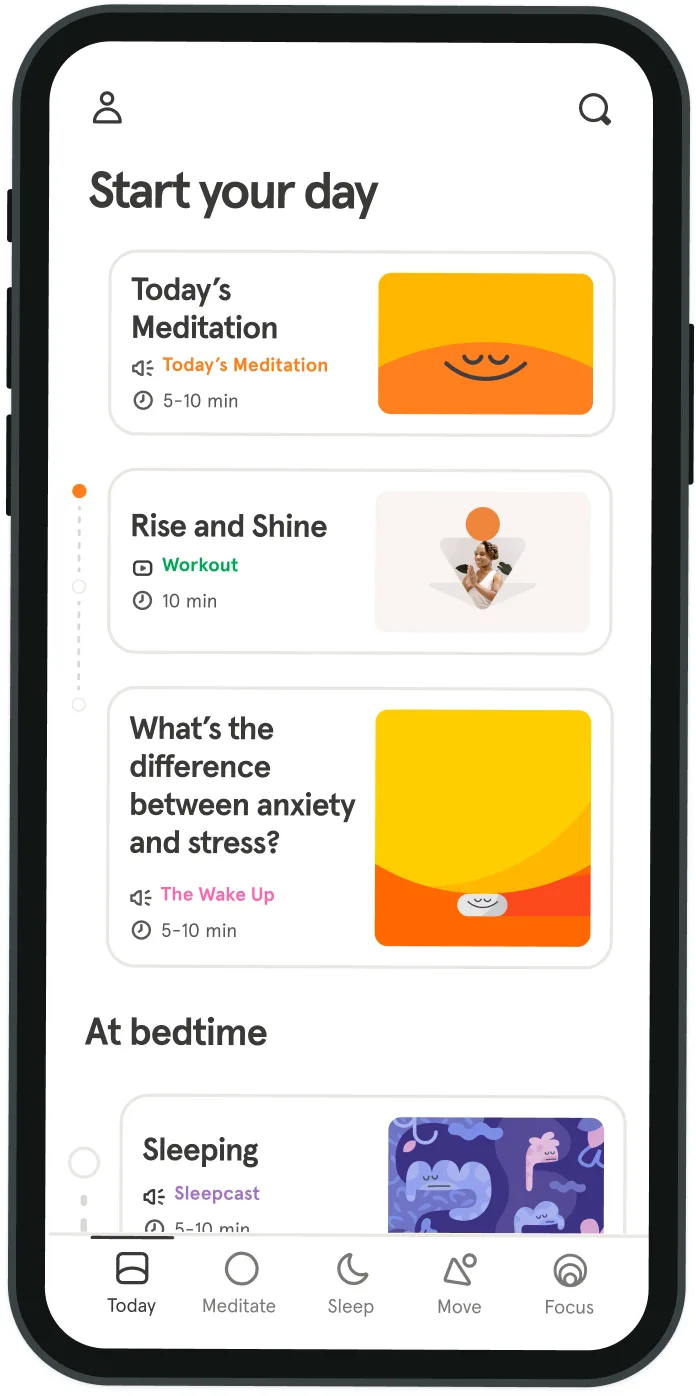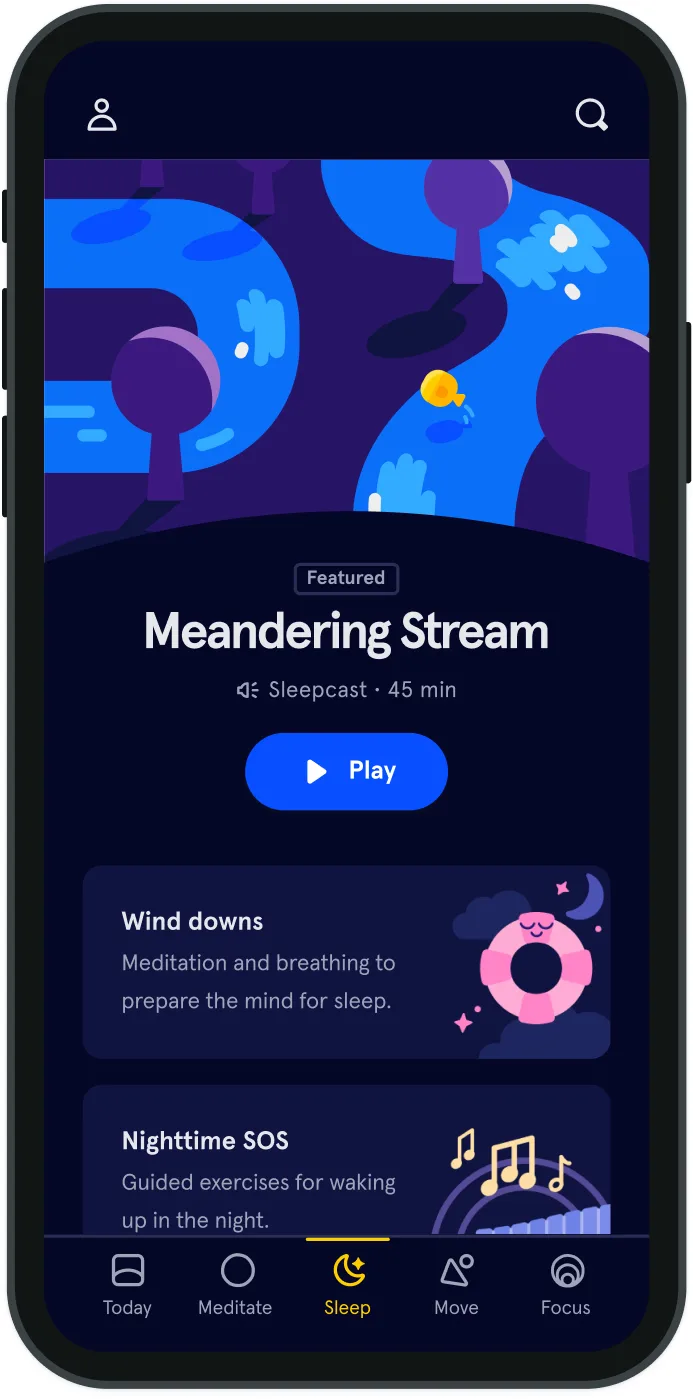Is it better to be smart or curious? Weighing our traits for success.
Curiosity. It’s been the villain in storytelling, pitted against calmly reasoned intelligence, since the dawn of time. Take Adam and Eve. Apple-induced curiosity plays center stage next to a delicious tree; a dash of temptation is thrown in to spice things up, but thoughtful deliberation seems nowhere to be found.
What about Pandora? How could a box make someone twitch with irresistible curiosity and abandon all intelligent senses only to unleash terrible demons on civilization once open? There’s also George, that lovable monkey whose curiosity gets him into an endless stream of trouble, much to the dismay of his yellow-hatted friend. And let’s not forget that curiosity has killed cats. A lot of them. So what’s the backstory to this age-old hero-villain dynamic between curiosity and intelligence? Do these characterizations actually suit us as we search for success and contentment in everyday life? Let’s start with curiosity, the more fun-loving of the two superheroes. It can be a tough phenomenon to describe. According to researchers at Temple University and Carnegie Mellon University, it can be predictably triggered when we hit a “threshold of desired uncertainty in the environment that leads to exploratory behavior.” In other words, curiosity can be sparked by a situation in which we don’t know enough yet and simultaneously want to know more. This is often called the “curiosity gap.”
Through a meta-analysis of 26 peer-reviewed studies, researchers found five conditions that trigger and sustain curiosity: spontaneous exploration, exploratory preference, novelty preference, preference for complexity, and preference for uncertainty and ambiguity. Once we’re exposed to a delicious cocktail of these conditions, we’re hooked. Despite what folk tales may have us believe, curiosity is an undeniably critical aspect of cognitive development, for children and adults. It is responsible for helping us learn more, for longer periods of time, and with more enthusiasm, than during situations when curiosity is not fostered. It is also a memory enhancer, emotionally linking our need to be stimulated with new knowledge obtained during that process, thereby hitting the reward center of the brain when activated. As American writer William Arthur Ward wrote, “curiosity is the wick in the candle of learning.” If curiosity is a driving force behind developing new ideas, exploring new opportunities, and learning new skills, is curiosity more important for sustaining long-term life successes than its alter-hero, intelligence? It may not be so simple. The Intelligence Quotient, commonly called IQ, a measure we have come to associate with brilliance, Mensa membership, and Nobel Prizes, is well-known for a reason. Generally referring to one’s ability to acquire and apply knowledge and skills, IQ assesses logic-based reasoning and an individual’s cognitive ability. It can also predict income, employment, job training success, and health and longevity, according to researchers in the U.S. and Scotland, respectively. Can we ever truly predict a person’s success (or happiness) in life? While intelligence may predict success in speedily processing many pieces of temporary information in controlled settings, curiosity seems to outperform in less discrete settings, like our own chaotic and unpredictable lives. A recent study in the Multinational Business Review looked at the role of managerial curiosity in assessing disruptive information technologies and found that curiosity can be a predictor for identifying early adopters and forward thinking leaders in business. In our fast-paced, global environment, top management teams face highly complex conditions, marked by turmoil, change, and disruption in the market. Hiring people who are "curious, eager to learn, and not afraid to question the status quo will increase the organizational knowledge creation that is necessary for firms to remain competitive in a rapidly changing, digital hyper-competitive marketplace.” Like knowledge, curiosity can be considered an appreciating asset.
Still, there is another insight that we must explore. The same researchers who identified curiosity as an appreciating business asset also noted its capacity to send us down a seven-hour Wikipedia click spiral. Is there a secret sauce that whips curiosity into an unstoppable super power? Turns out, it’s mindfulness. Combing through the best available research, researchers found that, “mindfulness is a critical element in moderating awareness of curiosity in that, without focus, one would randomly go from one stimulus to another without internalizing those that are pertinent to learning.” Mindfulness, they found, can “add clarity and vividness to experiences of those who are curiosity-driven, while directing it to vital information.” In other words, developing a consistent practice of awareness, including the curious side of the mind, can offer freedom for the mind to wander through complex problem solving and creative brainstorming sessions, while also keeping you on track to achieve larger goals. It seems, then, that our minds are already equipped for an action-packed drama full of superheroes. Like James Bond and Q, Bond’s brilliant gadget guru, curiosity and intelligence are more like super-skilled partners in crime, than they are rivals, while the ever-mindful watch of intelligence director M serves a critical role in making sure each mission stays on track.



Be kind to your mind
- Access the full library of 500+ meditations on everything from stress, to resilience, to compassion
- Put your mind to bed with sleep sounds, music, and wind-down exercises
- Make mindfulness a part of your daily routine with tension-releasing workouts, relaxing yoga, Focus music playlists, and more
Meditation and mindfulness for any mind, any mood, any goal
- © 2024 Headspace Inc.
- Terms & conditions
- Privacy policy
- Consumer Health Data
- Your privacy choices
- CA Privacy Notice
